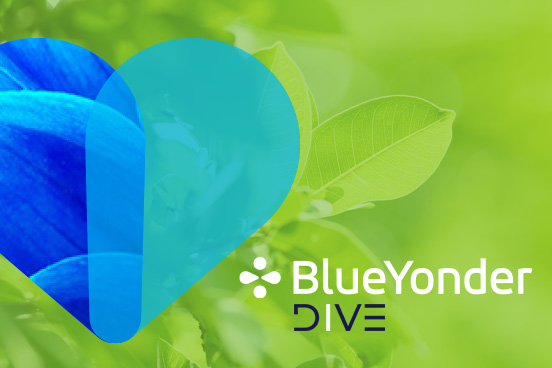One bright and sunny Saturday morning I joined my father, who was invited by the worker’s union of a public sector company in India, to be a guest speaker at an event for the New Year celebrations.
My father is a retired scientist and continues to keep himself up to date with the latest in science and technology. He also uses writing as a medium to inspire everyday people to embrace science and literature in a simple way. He believes that sharing our knowledge is the biggest asset we can give of ourselves.
We arrived at the entrance by 11 a.m. and were welcomed by the union group’s president with a colorful bouquet of flowers. We entered a circular-shaped amphitheater and made ourselves comfortable on the tall chairs on the stage.
Around 300 workers were sitting in front of us under a shamiana — a large tent. The workers were waving their hands and sharing their greetings from afar. My father and I waved back and accept their greetings.
The program started, and my father began to share his thoughts on the latest topic touching every industry — artificial intelligence (AI) and its benefits to every stratum of people in society.
He started his speech with the short line, “Do not be worried about the jargon around the term AI— just understand that artificial Intelligence is a result of your (human) intelligence plus your machines. This AI is going to make everyone’s lives simple, less time consuming and more structured to make your work effective and efficient.”
After the program and brief lunch, we started back home. My father, who was observing my silence, asked me, “What is bothering you, my daughter? I thought you would enjoy joining me today.”
I looked at my father and said, “What would happen if robots/AI took over their jobs?”
My father, sensing my anxiousness over this question, patiently responded:
“My girl, in life there are two very important things that drive humans to survive and succeed:
- It’s their trust in their leaders, humanity and human intelligence, and trust builds life and organizations.
- The workers have been treated with empathy and have been heard since the day this decision of AI implementation was announced. The organization has been very transparent and authentic about the new change and the future roadmap. This gives a sense of faith in their future.
Things might change, but we still live in a world where we choose emotions over money, trust over doubt, gratitude over attitude, love over lies, and empathy over fear.
No matter how many developments we see in the wide use of AI, it is still not possible for AI to replace human intelligence. In the growing debate about AI versus human intelligence, the given wisdom has been that artificial intelligence will augment human tasks, but not replace them, anytime soon.
And people who work for an empathetic organization often have a better chance at leading an ethical life.
Companies that embrace empathetic systems and processes will be able to inject more empathy into the way their businesses are conducted. In turn, this can pay dividends in building businesses where their core values are humanistic and ethical.”
My takeaway from that day and the conversation with my father is that empathy and AI are interdependent and shall be incomplete without the other. The AI-driven world might become handicapped without empathy and vice versa.
So, the world is transforming itself to co-exist and co-evolve with artificial intelligence and heart-tificial empathy — one is the mind and the other is the soul of the future world.

